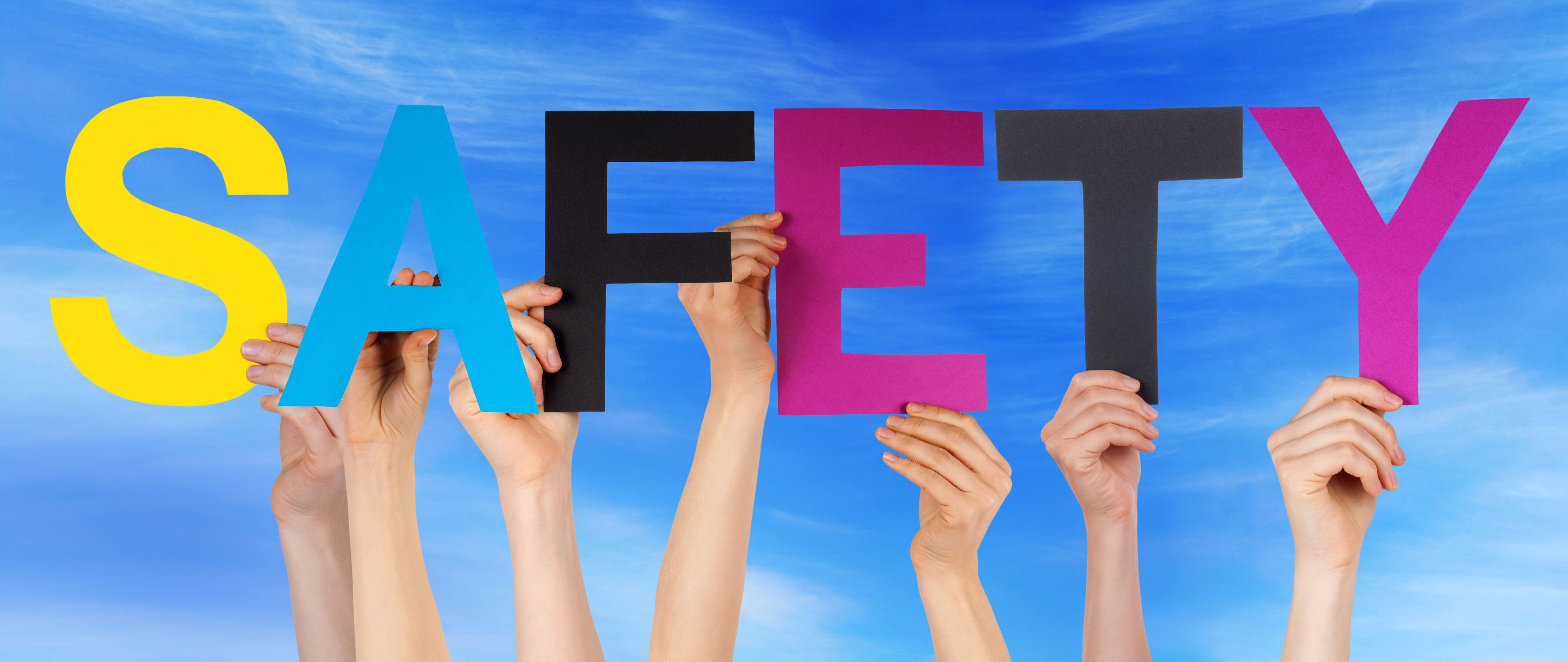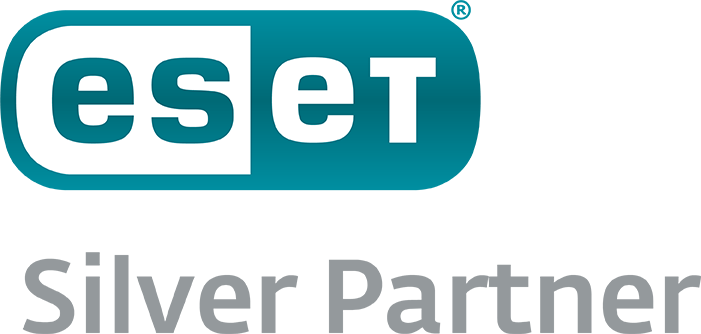
For many parents, attempting to keep their children safe online is a daily task. From smartphones to tablets, messaging apps to 24/7 audio visual experiences, growing up in today’s world is a lot different than how we might have experienced it. But, how can you protect your children from a threat landscape and a platform that has become ingrained in their upbringing?
Below is a rundown of the threats facing your little ones and the preventative action that can be taken to minimize their exposure to the nasty side of online life.
Social Media
By far the most problematic of the issues facing the youth of today, at what age is it appropriate for them to have an account? Should they be allowed to post pictures? How should they be monitored without encroaching on their privacy?
Facebook, Twitter and Snapchat all indicate that the account holder has to be at least 13 years of age, so if you see your 10 year old child taking ten second selfies and sending them to their friends, they shouldn’t really be doing it.
Cyberbullying
Children are accessing the internet via a laptop, tablet or mobile device at younger and younger ages, consequently education on cyberbullying has become increasingly relevant. It is always a worry that your child will fall victim to this type of maltreatment and if they do they should be encouraged to tell someone as soon as it happens.
What begins as a bit of a joke can very quickly become a targeted online campaign in which they receive inappropriate images, threats, or edited photos, if the joke is allowed to continue then it will only get worse. Cyberbullying, as with traditional bullying is best dealt with earlier, before something is said, posted or sent, that then cannot be revoked.
A hard thing to consider…
However, an option which many parents will not want to take into account that their child is not necessarily a victim, but could be the perpetrator. In some cases without even knowing it, perhaps an embarrassing photo of someone was taken at a party, and a child posts it online or distributes it among peers, though they may not be aware, that is an act of cyberbullying.
If they offer a negative opinion of someone on a photo posted on a social media website, that is an act of cyberbullying. If they make any detrimental comments toward another individual, be it via means of a status, post, or direct messaging, that is an act of cyberbullying.
Malware
A lot of us are guilty of poor computer and internet hygiene, therefore it stands to reason that if you take risks with your computer and internet security, so will your child. Here are some easy guidelines to set them to prevent malware invasion:
- Don’t always trust what your friends post on social media; Did you know 70% of social media scams are known to be manually shared?
- Don’t share passwords with friends but do update your password every 6 – 8 weeks.
- When Windows says that your machine needs an update, this often means that it needs to patch a vulnerability, the sooner you run the update, the smaller the risk of malware being able to exploit said vulnerability.
- Don’t be scared to make an internet purchase, but do exercise caution. Always check that the website is using an SSL (Secure Socket Layer), this extra level of security ensures that your sensitive information is not visible to third parties. It’s easy to verify if a website is using an SSL, there will be a lock or key icon preceding the URL.
- Don’t open emails from random senders or suspicious looking emails from friends.
- Ensure your Internet Security is up to date and running constantly.
- Avoid websites with lots of advertisements and popups as these can be hotspots for malware.
- Children are taught to look before they cross the road, so teach them to think before they click!
Illegal Downloads and Pornography
Two things within easy reach of the inquisitive teenager that exist on the internet in abundance.
Pornography
Pornographic websites can be blocked with the use of parental controls that will inhibit your children from accessing sites with explicit content; this setting is relatively easy to switch on or off and can be done by contacting your service provider.
Illegal Downloads
Illegal downloads are a little more difficult to prevent or police, the easiest way to establish whether a piece of music or film is legal is to ask your child to show you where they obtained it from and whether or not they paid for it. Illegal downloads have not been verified as safe by a governing body or website and as such they are another way in which your computer could become infected with malware.
Maintain a dialogue
One of the most effective ways of keeping your child safe online is removing the mystery from the internet, explaining what is good, what is bad, and instilling within them suitable computer practices. If you are open about the internet, then when they encounter a problem, be it a virus or an explicit website, they will either be able to deal with it themselves or they will have someone they can bring the problem to.
Taken from an article written by Norton Security
For more information or advice about your IT requirements, give Itech Support a call on 01923 674091 or email support@itechsupport.net

